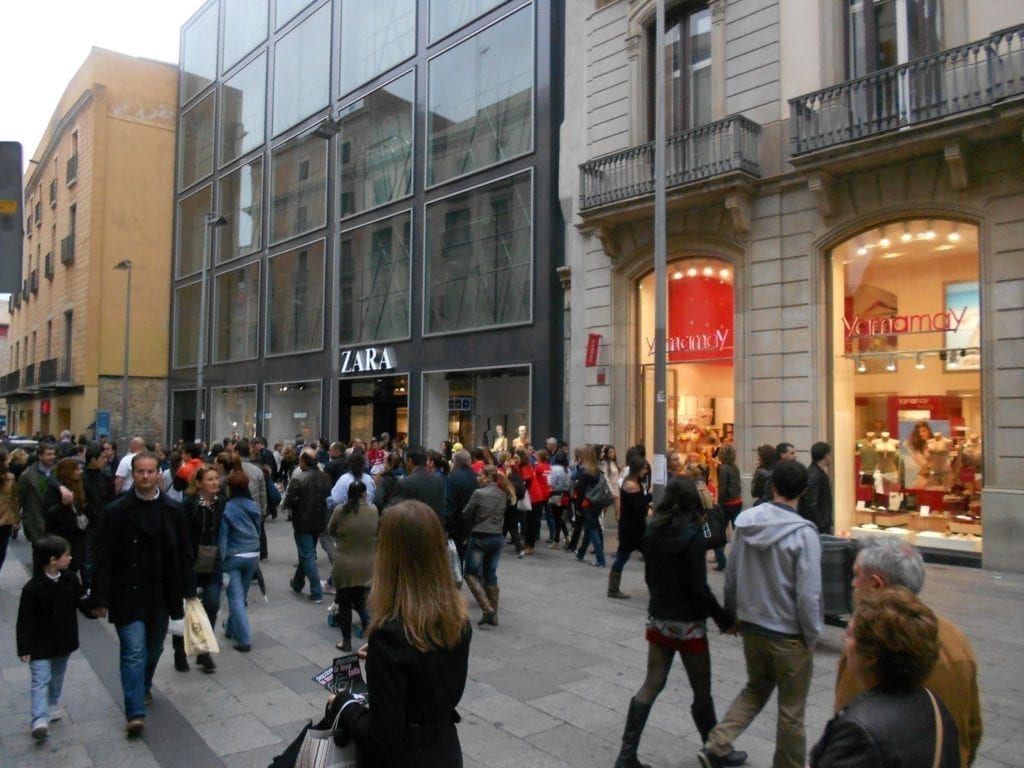26 December 2018 – Cinco Días
One of the historical names of Spanish real estate, the Losantos family, is putting its real estate firm Neinver up for sale for more than €500 million. Neinver specialises in building and managing retail outlets and is the company that manages shopping centres such as The Style Outlets and the Factory. It has a presence in several countries.
The company, chaired by José María Losantos del Campo, has engaged the bank Credit Suisse to search for interested parties in this multi-national firm that started life in La Rioja, according to four financial and real estate sources familiar with the operation. The financial entity and the company declined to comment about this operation.
The founder of the company, born in 1936, started out in the sale and purchase of tinplate, together with his brother Mario, and later founded Neinver in 1969. Mario would go on to found Riofisa, one of the large real estate empires in Spain (…).
José María Losantos grew Neinver, which is now headquartered in Alcobendas (Madrid), specialising in turnkey projects, for example, in several wineries, and which has opted for shopping centres over the last two decades. His son, Daniel Losantos, serves as the firm’s CEO. The real estate company has, in turn, been controlled by the company Teckel Gestora since 2016, which also owns rural estates in Ciudad Real and which is owned by the patriarch of the family.
Neinver manages 600,000 m2 of commercial spaces, across almost 2,000 stores and in 15 outlet centres under the brand The Style Outlets and Factory, which span a commercial surface area of 300,000 m2.
The company has a joint venture to share ownership of some of these assets with TH Real Estate, the real estate arm of TIAA, the US teachers’ pension fund. Neinver controls a lot of these properties through 23 companies, according to reports from Insight View based on property registry data.
In addition to the centres in Spain, it owns assets together with TH Real Estate and other partners in France, Germany, Italy, Poland, Portugal, the Netherlands and the Czech Republic.
In Spain, it owns The Style Outlets – which are dedicated to the off-season sale of well-known brands – in Las Rozas, San Sebastián de los Reyes and Getafe (all three in Madrid), A Coruña and Viladecans (Barcelona), as well as the Madrilenian shopping centres Alegra and Nassica.
This search for buyers entrusted to Credit Suisse comes at a critical moment for investment in the Spanish real estate market, which is featuring many international funds and Socimis. So far this year, until the middle of December, a record investment figure of €18.719 billion has been registered, according to CBRE, up by 45% compared to 2017, boosted above all by the acquisition of companies. In the case of retail, €4.279 billion has been invested to date this year.
Original story: Cinco Días (by Alfonso Simón Ruis & Pablo Martín Simón)
Translation: Carmel Drake

 Portugal
Portugal  Italy
Italy  Greece
Greece 







